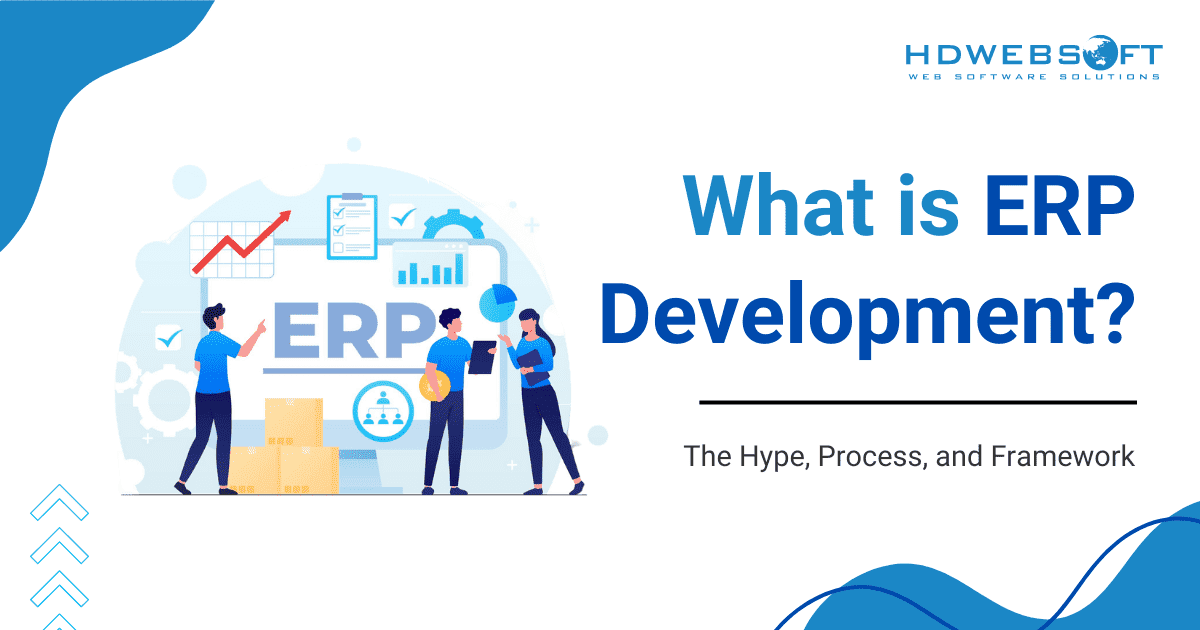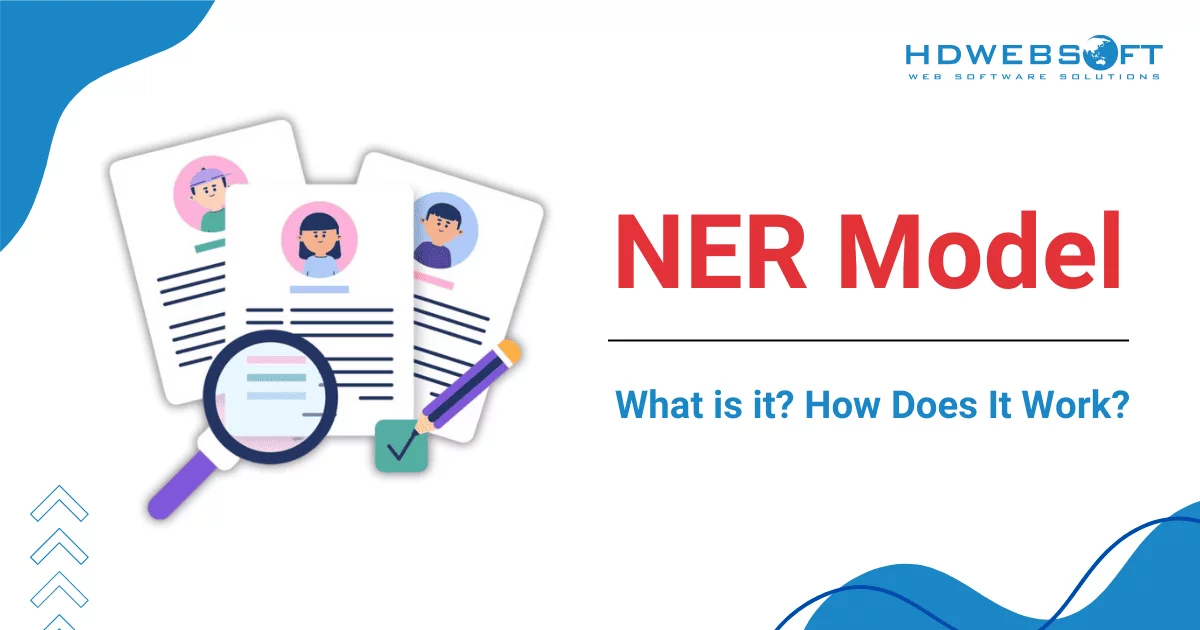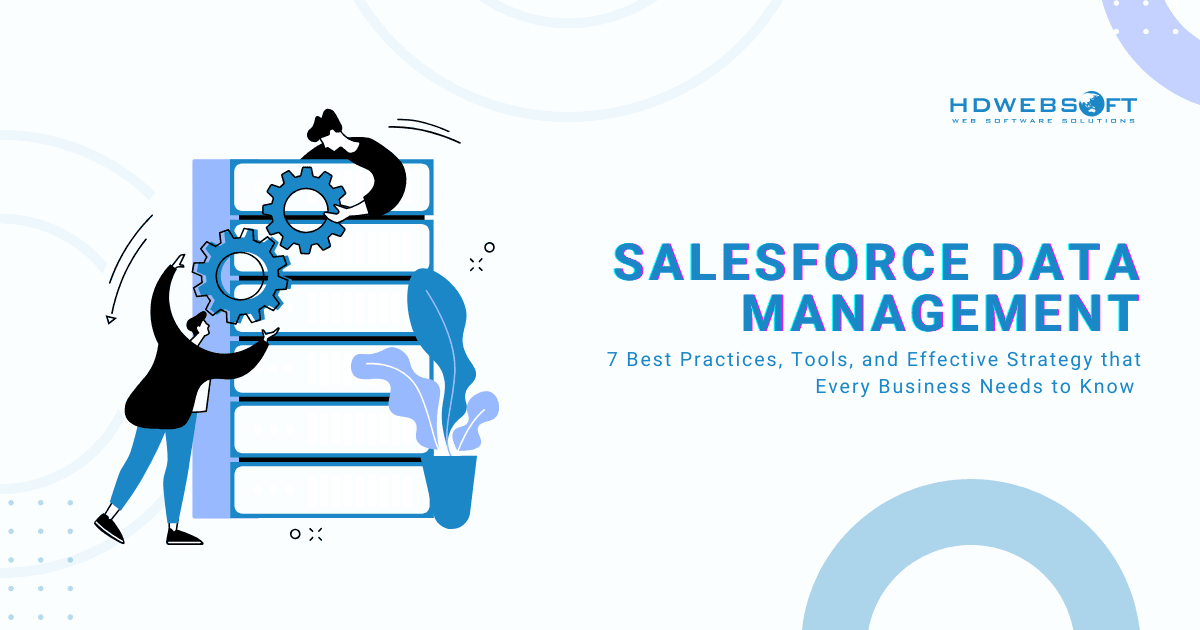
How To Choose the Right Real Estate CRM
Real estate CRM is an essential tool for modern property professionals looking to streamline their operations and build client relationships. In today’s competitive market, managing leads, tracking communications, and organizing appointments efficiently can be the difference between success and stagnation. Here at HDWEBSOFT, we develop what our existing clients say is “Australia’s most intuitive CRM in real estate industry.”
This blog post will delve into the world of CRM for real estate, exploring its fundamental role and benefits for agents. Furthermore, we’ll examine the main features of a property CRM, giving you a clear picture of what to look for. Finally, we’ll provide guidance on picking the perfect CRM, helping you make an informed decision to enhance your business operations.
What is a CRM in the Real Estate Industry?

A real estate CRM is built to help real estate agents and agencies manage relationships. It stores client details, tracks interactions, and simplifies communication. With a CRM, teams can handle leads more efficiently and stay organised every step of the way.
As a matter of fact, real estate is a fast-paced and highly competitive industry. Agencies that want to grow, especially during slow seasons, need smart strategies to stay ahead. A study has shown that 72.5% of real estate professionals use a CRM as part of their daily operations.
Today, client expectations are high. People want quick responses, personalised service, and regular updates. A CRM solution for real estate makes all of that easier. It helps agencies manage contacts, whether they’re buyers, sellers, landlords, or tenants, and stay on top of every conversation.
For successful real estate businesses, a CRM isn’t just nice to have. It’s essential. Expectantly, it helps them build stronger client relationships, work more efficiently, and ultimately close more deals.
Why do Real Estate Agents need CRM?
Real estate is a relationship business. Agents constantly interact with a high volume of people: leads, active clients, past customers, and industry partners. Managing these complex connections manually becomes overwhelming very quickly. This difficulty in keeping everything organized is precisely why a real estate CRM is not just helpful, but significant.
The Challenge of Managing Contacts
First and foremost, think about the sheer number of leads generated daily or weekly. Each one needs specific attention: remembering every conversation detail, follow-up date, and client preference is impossible without help. Moreover, papers might get lost, or spreadsheets become outdated. Consequently, opportunities slip away because of missed follow-ups.
Centralized Organization and Segmentation
A CRM in real estate industry solves this by providing a single, centralized database. All your contact information lives there, you can also add notes from every call and meeting.
Furthermore, it allows you to categorize your contacts. By then, segmenting leads by criteria like budget, location interest, or lead source becomes simple. This level of organization saves immense time and ensures no contact is forgotten. For example, we’ve successfully developed and deployed custom SuiteCRM modules for a government agency in Australia, ensuring full compliance and optimized functionality.
Effective Communication Tracking
Knowing the history of every interaction is crucial. A client tracking system automatically logs calls, emails, and even text messages if integrated. Subsequently, you see the full communication timeline for each person in your organization’s real estate CRM.
Since you have this clear record, you can personalize your next interaction perfectly. Hence, this professional approach builds trust with clients.
Mastering Follow-Up and Lead Nurturing
Many agents lose business simply because they don’t follow up effectively. A CRM for real estate agents solves this by automating reminders for important tasks. Whether it’s a call or a quick email, the system gives you a nudge at the right time.
Also, it runs drip campaigns, helping you stay in touch with leads over the long term. With this consistent approach, you remain top-of-mind, right up to the moment they’re ready to make a move.
Boosting Efficiency and Saving Time
Beyond organization, property CRM solutions significantly boost productivity. It automates repetitive administrative tasks such as scheduling appointments, sending standard emails, or generating reports faster.
More efficient workflows mean agents spend less time on data entry and more time on crucial activities like showing properties, negotiating offers, and prospecting. Thus, this leads directly to greater earning potential.
Main Features Found in Real Estate CRM Solutions
At its core, a real estate CRM functions as a vital central platform. It’s designed to house and organize essential information, including contact details and the complete history of your interactions. Subsequently, this stored data is transformed into a comprehensive view of each client, readily available to anyone on your team.
Client Management
Fundamentally, an effective CRM solution for real estate must serve as the central hub for managing every client interaction. This includes engaging with prospects, vendors, buyers, landlords, and tenants alike. The system should offer tailored approaches for these distinct client types. Thereby, it ensures that each conversation and point of contact feels both meaningful and highly personalized.
What’s more, it necessitates tracking rich, detailed information about each client, encompassing their specific preferences, historical interactions, and current status within their journey. By doing so, communication remains relevant and timely.
Moreover, the system should support the entire client relationship lifecycle. Real estate CRM should start from the very first contact and continue through to post-sale follow-ups. This ensures that no potential opportunity slips through the cracks. As a result, every client continues to feel valued by your agency at every stage of the journey.
Ease of Use
Arguably, the most crucial characteristic of any CRM is its ease of use. A system that is intuitive fundamentally changes how agents work. It should actively streamline workflows and significantly reduce the amount of time spent on administrative tasks. Achieving this involves offering straightforward navigation, enabling simple data entry, and incorporating automated processes designed to minimize manual effort. Consequently, users ought to be able to access and utilize all features rapidly without requiring extensive training sessions or constantly referring back to instruction manuals.
Also, the design philosophy must be user-centric, prioritizing practical functionality that aligns with the daily operational reality of property professionals. When a real estate CRM is genuinely easy to use, adoption rates among staff increase. Ultimately, it leads to better data consistency across the board and more efficient overall business operations.
Automation
Efficiency is a paramount concern in the fast-paced world of real estate. Consequently, a capable CRM in real estate industry should provide robust automation for repetitive tasks. This includes handling routine follow-ups, managing marketing campaigns, and even aspects of listing administration.
For instance, the system should be able to send emails or SMS messages automatically. These messages should go out at key moments during the client’s buying or selling journey. This kind of timely communication is important as it greatly reduces the chance of missing out on valuable opportunities.
In addition, the real estate CRM should facilitate multi-channel communication efforts. Users are able to reach clients via traditional letters, emails, and SMS with minimal individual effort. Ultimately, using automation saves real estate professionals a lot of time. Instead of handling repetitive tasks, they can focus on what truly matters: building strong client relationships and closing deals. This shift lets them work more efficiently without getting stuck in everyday routine work.
Long-term Client Retention
Moving beyond the immediate transaction, a strong CRM should place significant emphasis on cultivating and maintaining long-term client relationships. To make this happen, the system needs the right features. It should help you track past clients with ease and send reminders for timely follow-ups. This way, former clients stay connected and engaged with your agency over time.
By consistently staying in touch with past buyers and vendors through periodic updates or personalized messages, the real estate CRM actively helps to build loyalty. This, in turn, powerfully encourages repeat business and valuable referrals. This long-term, strategic approach plays a vital role in client retention, helping turn one-time clients into loyal, repeat customers. As a result, the overall value of each relationship grows. Over time, this also builds a steady stream of referrals and future deals.
Listing Management
Effective management of property listings is undeniably crucial in the real estate industry. Therefore, a CRM should function as a powerful tool supporting this core function. The system should integrate seamlessly with major property portals. This way, users can manage, upload, and update listings directly from the system with minimal effort.
Furthermore, your software should track critical details related to vendor-paid advertising, consolidate buyer feedback efficiently, and monitor essential contract dates. By centralizing these diverse tasks, the CRM dramatically simplifies the listing process. It’ll ensure that all information remains current and easily accessible, guaranteeing that every listing receives the proactive attention it warrants.
Fully Featured Mobile App
Possessing a real estate CRM with a mobile app represents a significant advantage. Property agents are granted the flexibility and freedom to manage their work effectively from any location.
With a dedicated mobile application, agents gain the capability to view property details, access client information, and handle messages while on the go. This mobile access enables swift replies to new leads, simplifies appointment scheduling, and allows for real-time updates. Thus, all records are always current and accurate.
Additionally, push notifications for task reminders and new leads help agents remain fully informed. They can act quickly when necessary. This easy, on-the-go access dramatically boosts agent productivity and leads to improved client service. All of this makes a robust mobile app a fundamental tool for today’s agile real estate professionals.
How to Pick the Perfect CRM for Your Real Estate Needs
Running a fast-moving real estate agency isn’t easy. Agents and admins constantly juggle listings, leads, client communication, and packed schedules. And much of that happens on the go.
That’s why choosing a real estate CRM that truly fits your daily operations is critical. The right system doesn’t just help you stay organised, it becomes the core of your business. It saves time, reduces manual work, and helps you win more listings.
To make the best choice, ask yourself these five essential questions:
1. Is it designed specifically for real estate?
Generic CRMs may look appealing at first, but they often fall short on industry-specific features. You don’t need a catch-all platform. You need one built with real estate in mind.
A purpose-built CRM solution understands your workflows. There’s no need for messy workarounds or extra tools.
Take HDWEBSOFT, for example. We’ve developed real estate CRMs specifically for the industry, and it includes:
- Seamless listing integration with portals like realestate.com.au and Domain
- Smart buyer-matching to connect listings with the right clients
- Branded email templates that reflect your agency’s voice
- Open home and inspection tools, accessible via desktop and mobile
These features don’t just add convenience. They streamline your day-to-day, saving time and boosting efficiency.
2. Can it connect with your existing tools?
Manually copying data between platforms is a time-waster. Your system should integrate smoothly with the tools you already use.
Our CRM solution does just that. It acts as a central hub, keeping your tech stack connected. You can integrate it with:
- Listing sites like Domain, CoreLogic
- Email platforms like Gmail and Outlook
- Calendar tools to manage appointments and follow-ups
- Digital signing tools like DocuSign
- Prospecting platforms such as RITA
- Automation tools like Zapier for custom workflows
Even better, HDWEBSOFT offers a fully open API, giving you flexibility as your tech needs evolve.
3. Will it scale as your business grows?
Your real estate CRM should grow with you, not hold you back. As your team expands or your processes evolve, your software needs to keep up.
With your dedicated CRM development company, scaling is simple. You can:
- Add users, offices, or teams as needed
- Set role-based permissions for smoother collaboration
- Create detailed dashboards and custom reports
- Automate workflows to reduce admin time
You get complete control over how you operate, now and in the future.
4. Is onboarding and training user-friendly?
Even the most powerful CRM won’t help if your team doesn’t use it. That’s why onboarding and ease of use matter.
Choose a provider that prioritises simplicity. A clean layout, intuitive features, and strong support make all the difference.
HDWEBSOFT’s real estate CRM solution makes it easy to get started. Here’s how:
- Guided onboarding from a helpful team
- A knowledge hub with self-paced training, tutorials, and live webinars
- Ongoing support from real estate tech experts
Most teams are up and running confidently within 12 days. Consequently, it means less downtime and quicker results.
5. How secure is your data?
Real estate agencies handle a lot of sensitive information. Your software solution must keep that data secure and comply with privacy regulations.
We take data security seriously. You’ll benefit from:
- Encrypted servers for data protection
- Compliance with the Australian Privacy Act 1988
- Automatic backups and reliable recovery options
With strong safeguards in place, you can focus on growing your business, knowing client information is in safe hands.
Conclusion
A real estate CRM should make it easy to manage client information, spot opportunities, gain insights, and automate daily tasks. It should also streamline your processes and support smooth team collaboration. So, when you’re reviewing options, focus on systems that offer these essential features, they’re crucial for running your business today.
Off-the-shelf tools don’t always meet the unique needs of every real estate agency. That’s why many businesses turn to custom real estate software tailored to fit specific workflows, client types, and operational goals. With a bespoke platform, you can build features that match exactly how your team works, rather than adjusting your process to fit the tool. At the same time, think ahead. Choose a platform that’s flexible, well-integrated, and powered by modern AI capabilities. It should be able to grow with your agency and adapt to shifts in the real estate market. In short, aim for a CRM that’s built to last, the tech version of your forever home.













